|
|
|
Книги Heine Florian

|
The first portrait; the first realistic animal drawing; the first night-time scene; the first nude study; the first still life. These firsts and others are closely explored in twenty-five chapters that help the general reader and art lover alike understand how innovation spurred artistic growth through the years and around the world. Each chapter opens with a specific artist or work that introduced a new concept and includes examples of masterpieces that exemplify them. Colourful illustrations and lively texts show how each concept influenced other contemporary works as well as future generations. For example, self-portraits painted by Durer, van Gogh, and even Andy Warhol can be traced back to the first recorded self-portrait by Jan van Eyck. A Miraculous Draught of Fishes, by fifteenth-century artist Konrad Witz, paved the way for later landscapes by El Greco, Constable, and Wyeth. Arranged chronologically, the chapters in the book can be studied individually to deepen our understanding of a particular aspect of art or as a whole — to appreciate the ever-changing patterns of artistic development. |

|
Buildings of every shape and size and from all corners of the world, populate this colourful and beautifully produced book that introduces children to history's most iconic architectural feats and the people behind them. In lively illustrated spreads, young readers will learn how Christopher Wren reconstructed an 11th-century cathedral after London's great fire of 1666 to become the St Paul's Cathedral that we know today and how its dome survived the Blitz. They will find out how Thomas Jefferson, in building his plantation, Monticello, created a new architecture for a new nation. They will be introduced to the genius of Frank Lloyd Wright, Le Corbusier, Mies van der Rohe and Zaha Hadid and can examine in detail the wonders of the Eiffel Tower, the Guggenheim Museum in Bilbao, Spain and Rome's most beautiful theatre. The book proceeds chronologically, accompanied by a timeline to offer helpful historical context. Each architect's entry includes a concise biography, illustrations of major works and lively texts that speak directly to young readers. Additional information about the buildings pictured, suggestions for further reading and online resources will satisfy the most curious of minds. |
|